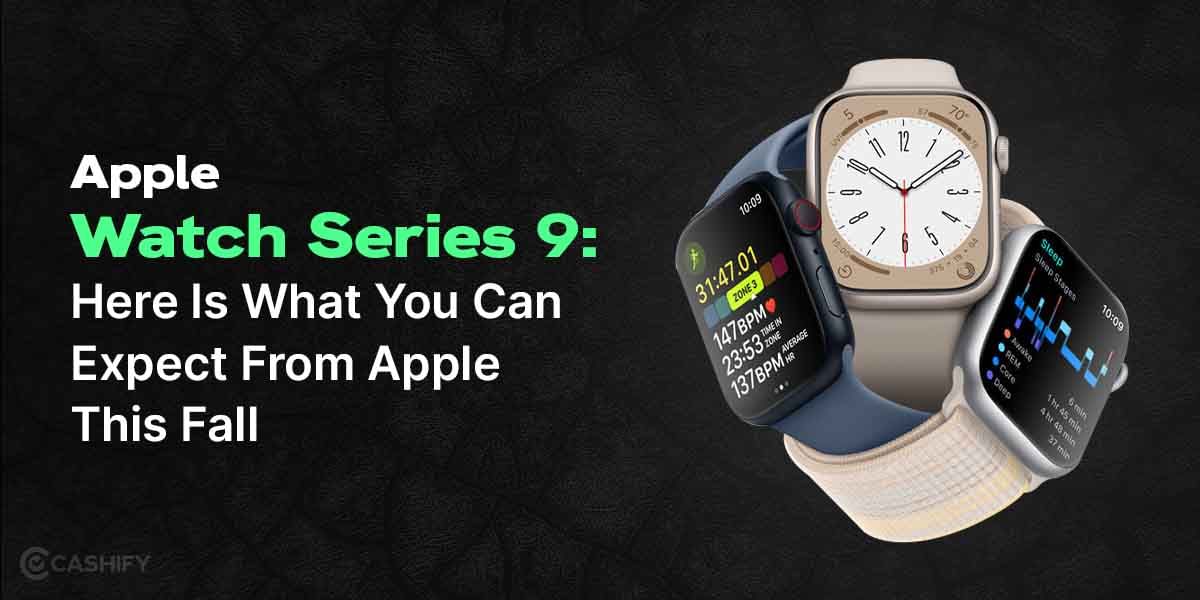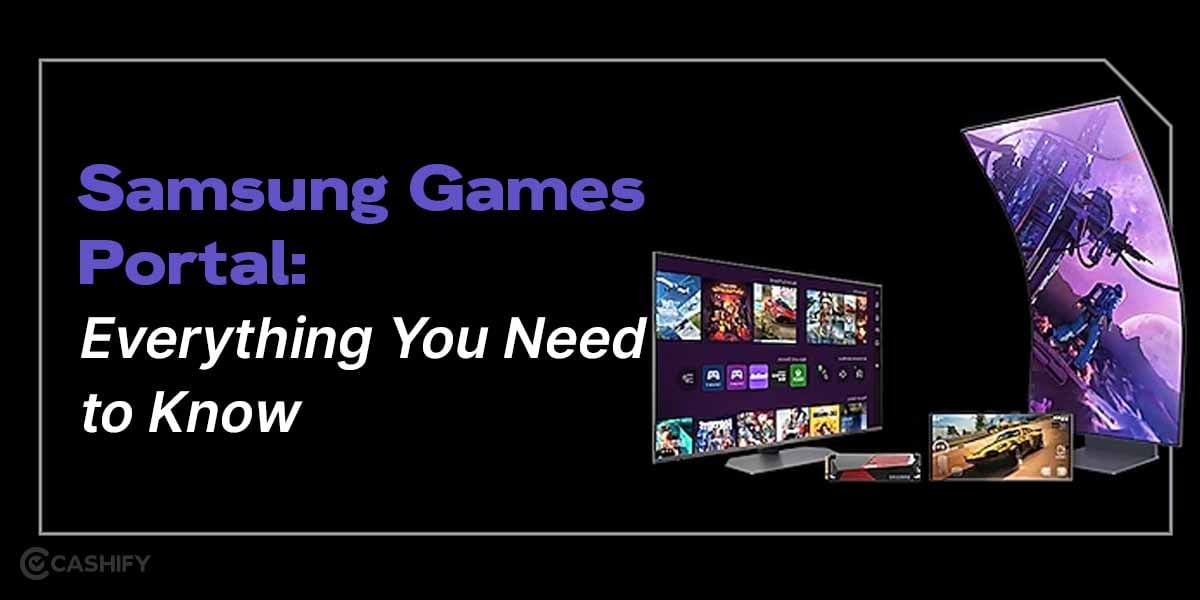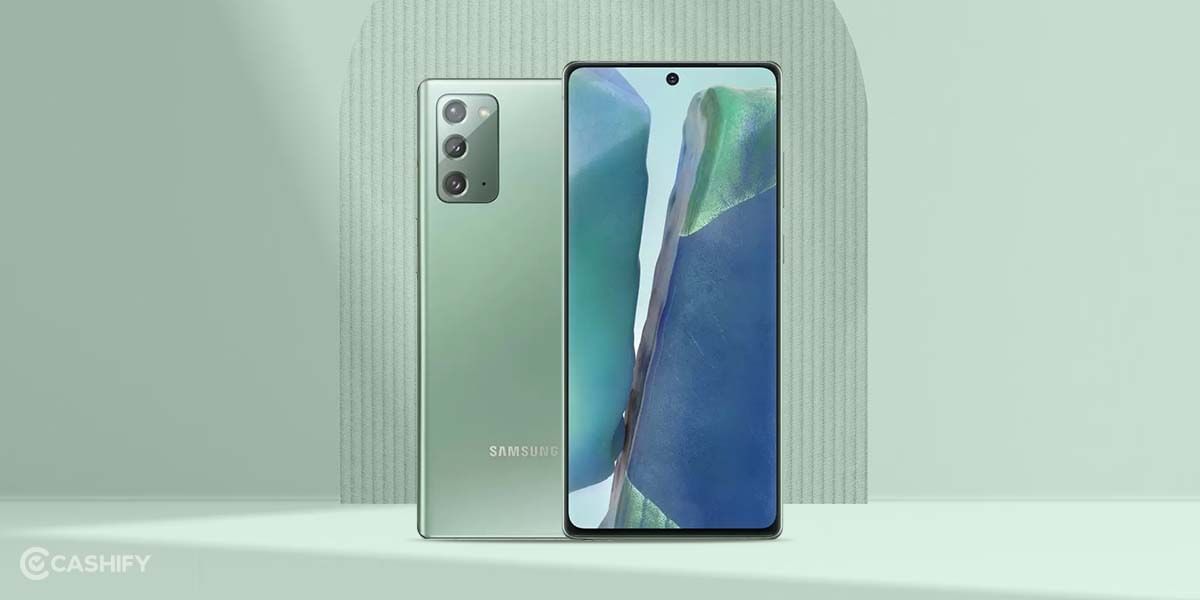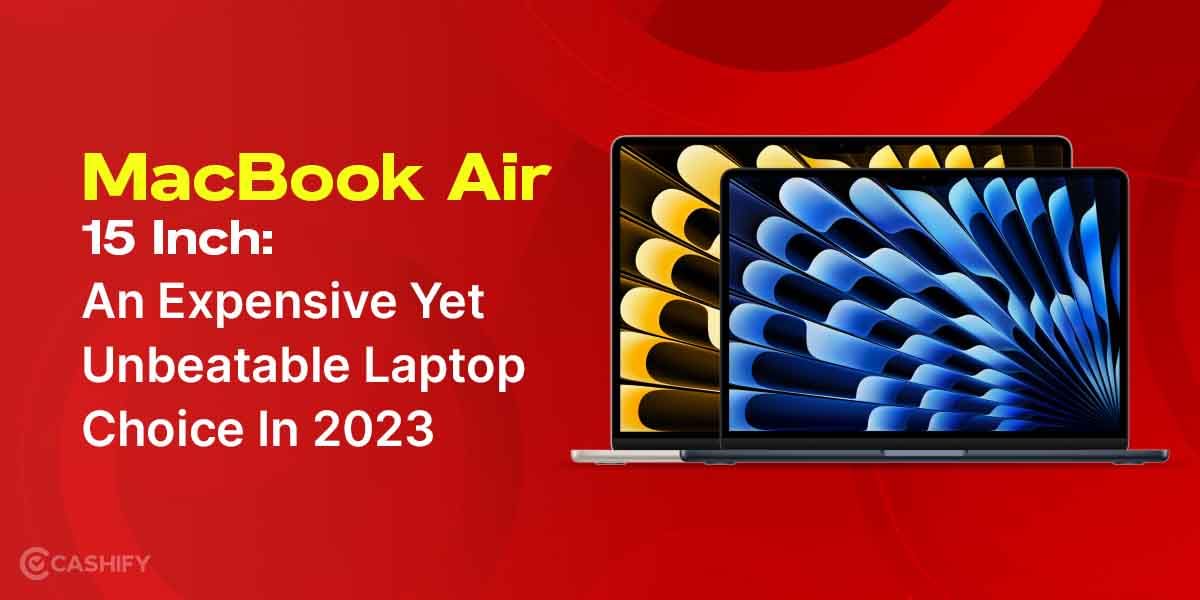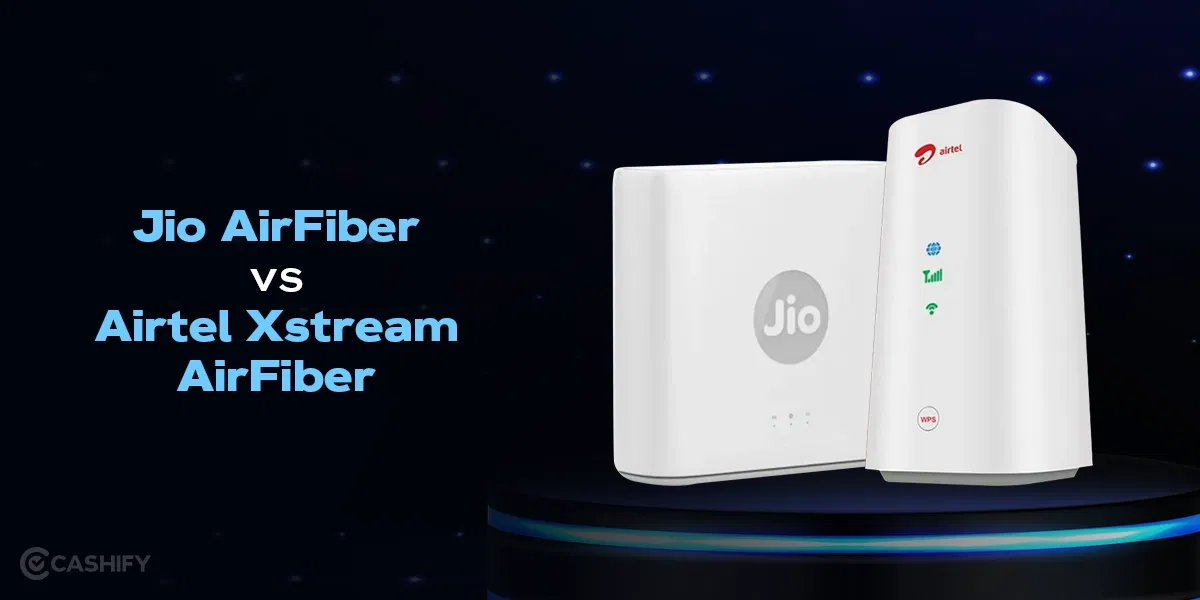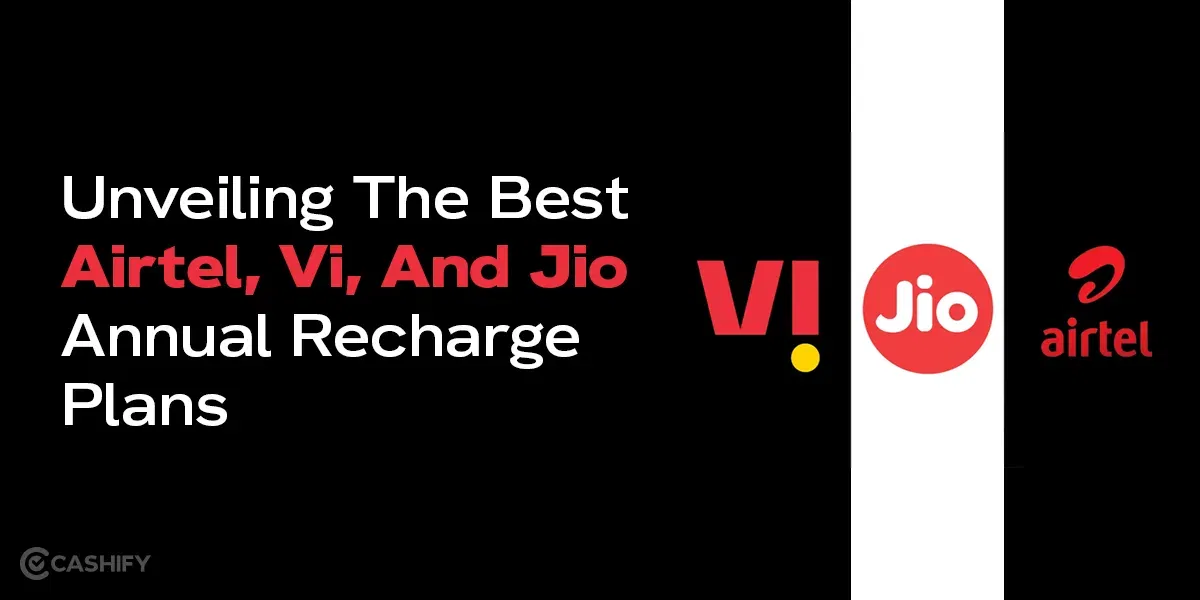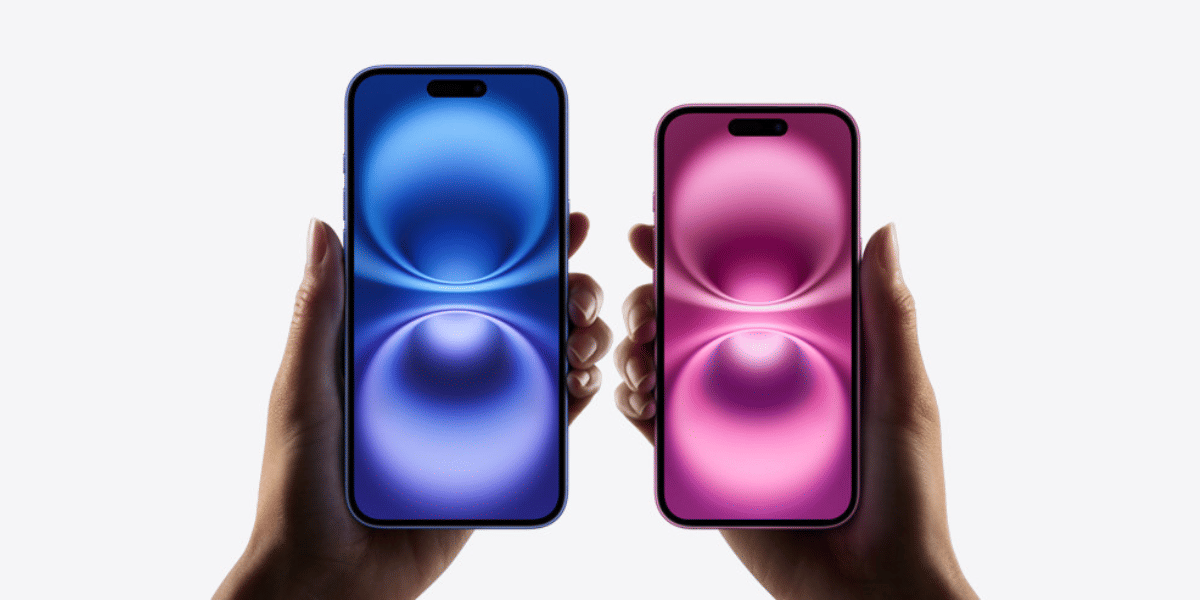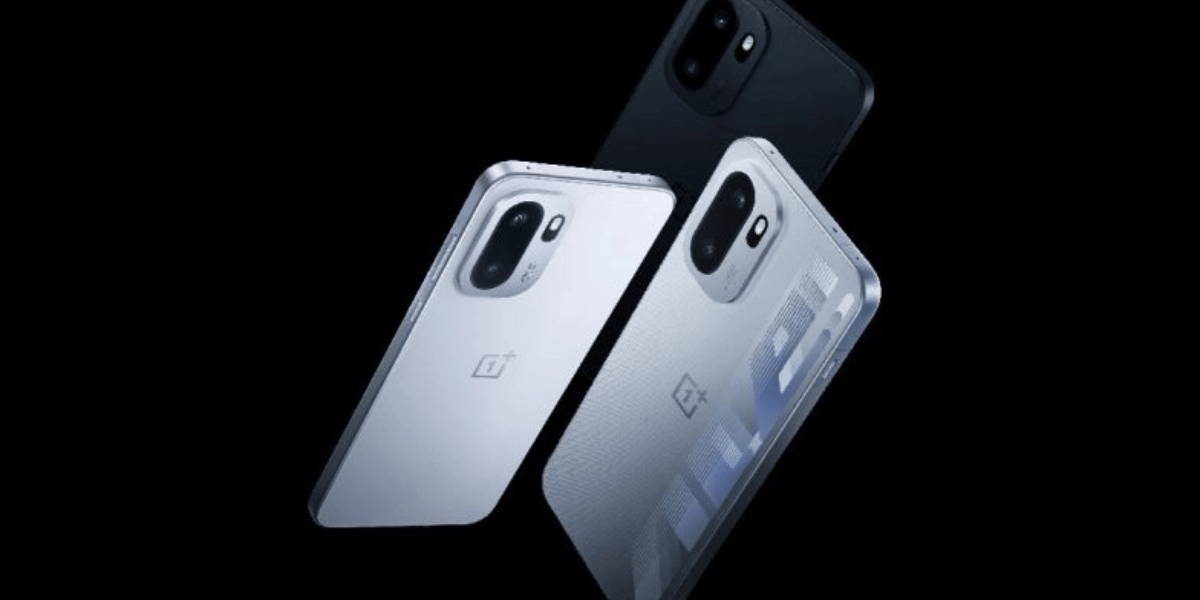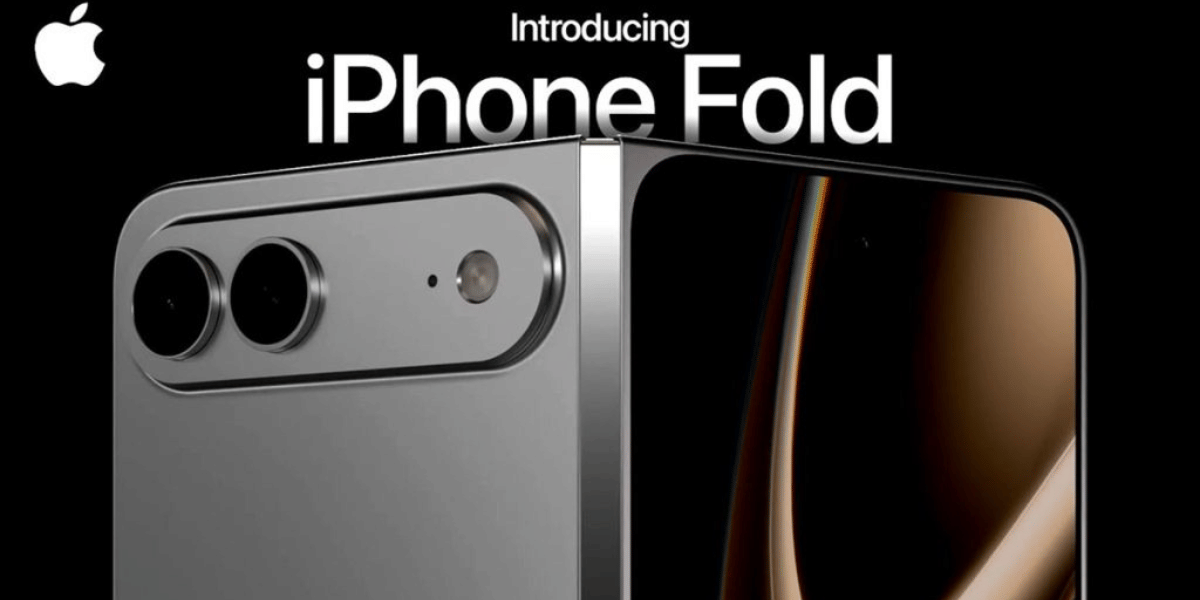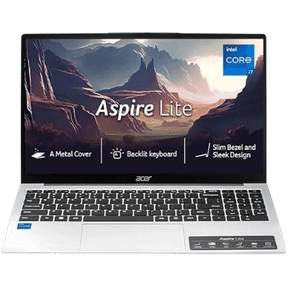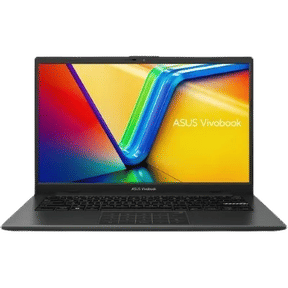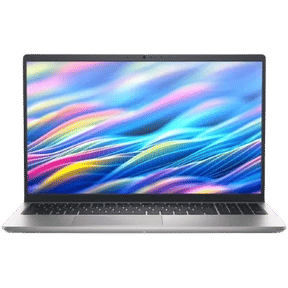If you’re building a high-performance PC, two CPUs are a good choice: AMD Ryzen 7 Vs Intel Core i7. Both are powerful, the price is good, and they can do heavy tasks. It includes gaming, video editing, 3D rendering, and even AI workloads.
But choosing between them isn’t always straightforward. This guide breaks down everything you need to know about these CPUs. You will see the performance, efficiency, compatibility, and price. Let’s check out the details:
Also Read: Best 5G Mobile Phone Under 15000 That Outperform Their Price!
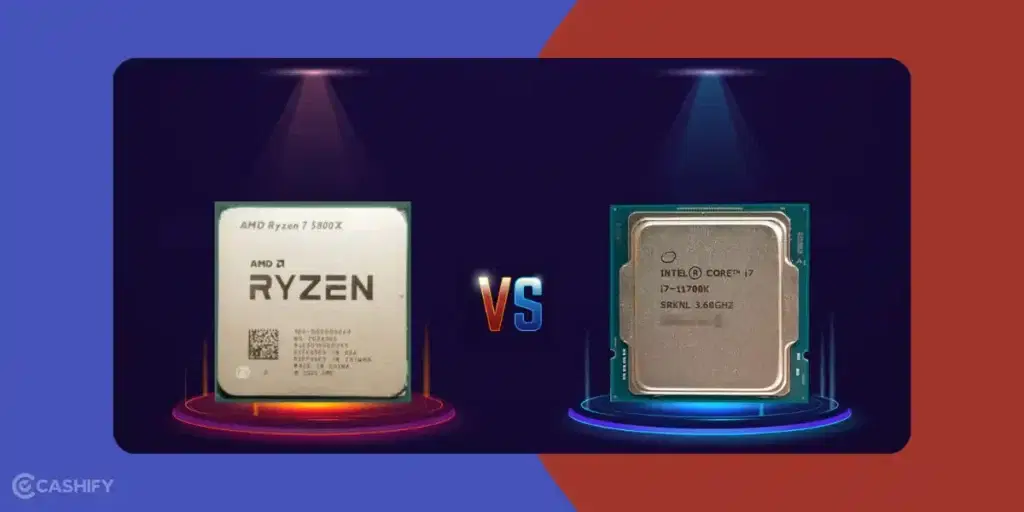
AMD Ryzen 7 vs Intel Core i7: Specifications:
The Ryzen 7 5800X3D and Intel Core i7-12700K are two strong processors, but they have some differences:
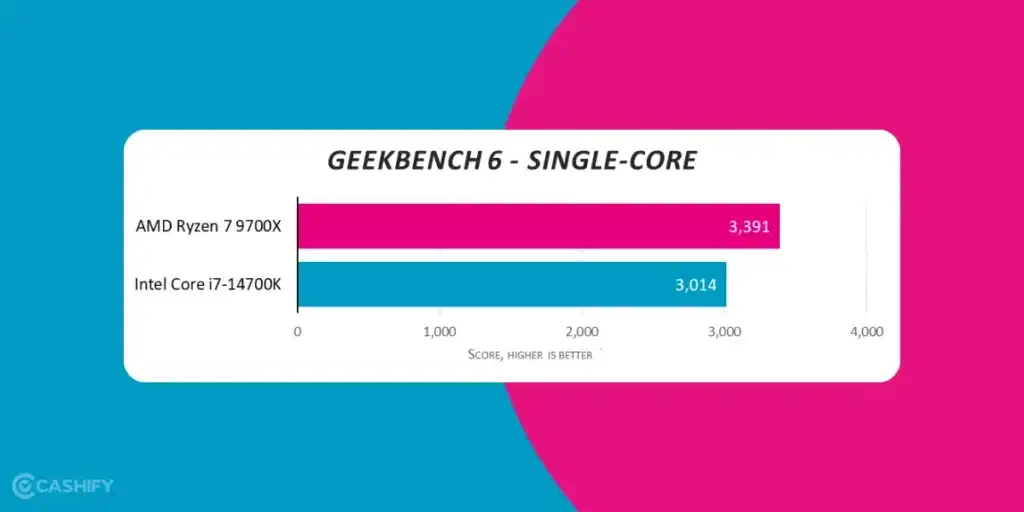
| Feature | Ryzen 7 | Intel i7-12700K |
|---|---|---|
| Cores / Threads | 8 Cores / 16 Threads | 12 Cores (8 Performance + 4 Efficiency) / 20 Threads |
| Max Speed | Up to 4.5 GHz | Up to 4.9 GHz |
| Cache | 96 MB | 25 MB |
| Power Usage | 105W (more energy-efficient) | 125W (uses more power, may run hotter) |
| Overclocking | Not supported | Supported (can be overclocked) |
| Socket Type | AM4 (older) | LGA 1700 (newer, more upgrade options) |
- Ryzen 7’s larger cache can give a performance boost in many games.
- Intel i7-12700K has more cores and supports overclocking. This makes it stronger for heavy workloads.
- Ryzen 7 tends to run cooler and uses less power. It can help with energy savings and quieter operation.
Also Read: AMD Ryzen 5 Vs AMD Ryzen 3: What Are We Missing?
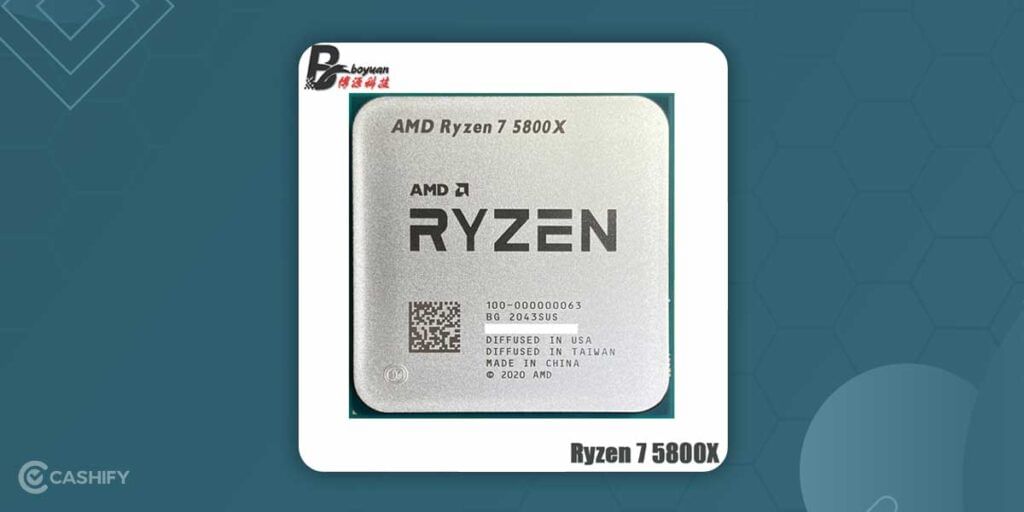
Also read: Intel Processor: A Complete Buying Guide
AMD Ryzen 7 Vs Intel Core i7: Performance
Here’s how the Ryzen 7 5800X compares with the Intel i7-12700K in popular benchmarks:
| CPU (Ryzen 7 vs Intel Core i7) | Intel Core-i7 12700K | AMD Ryzen 7 5800X |
|---|---|---|
| Cinebench R20 (Single-Core) | 757 | 624 |
| Cinebench R20 (Multi-Core) | 8750 | 11847 |
| Passmark CPU (Single-Core) | 4039 | 3487 |
| Passmark CPU (Multi-Core) | 33977 | 28379 |
| Geekbench 5 (Single-Core) | 1872 | 1619 |
| Geekbench 5 (Multi-Core) | 14992 | 9732 |
- Intel i7 performs slightly better in single-core tasks. It is a strong choice for gaming.
- Ryzen 7 shines in multi-core tasks. It is ideal for video editing, 3D rendering, and heavy multitasking.
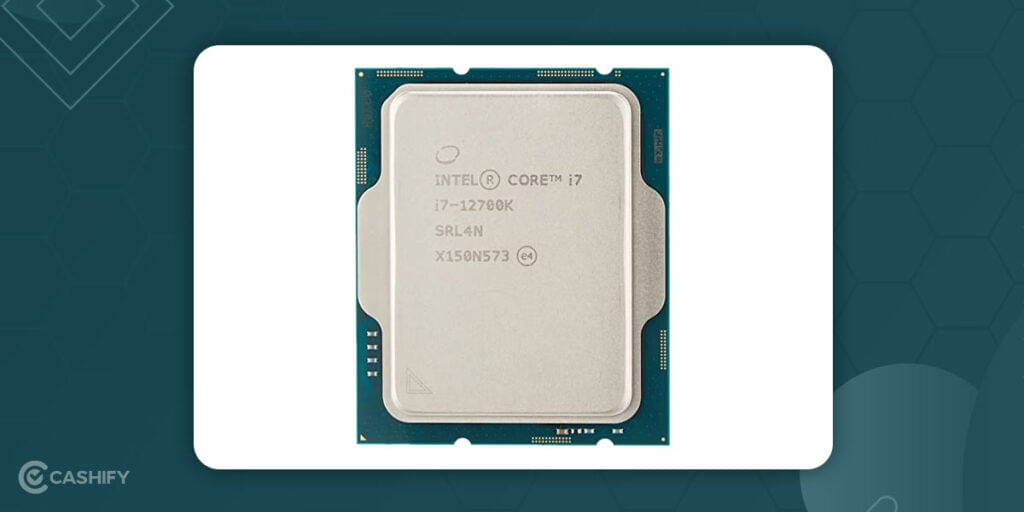
Also Read: Guide To Buy the Right Graphics Card For PC
Multimedia Editing: AMD Ryzen vs Intel i7
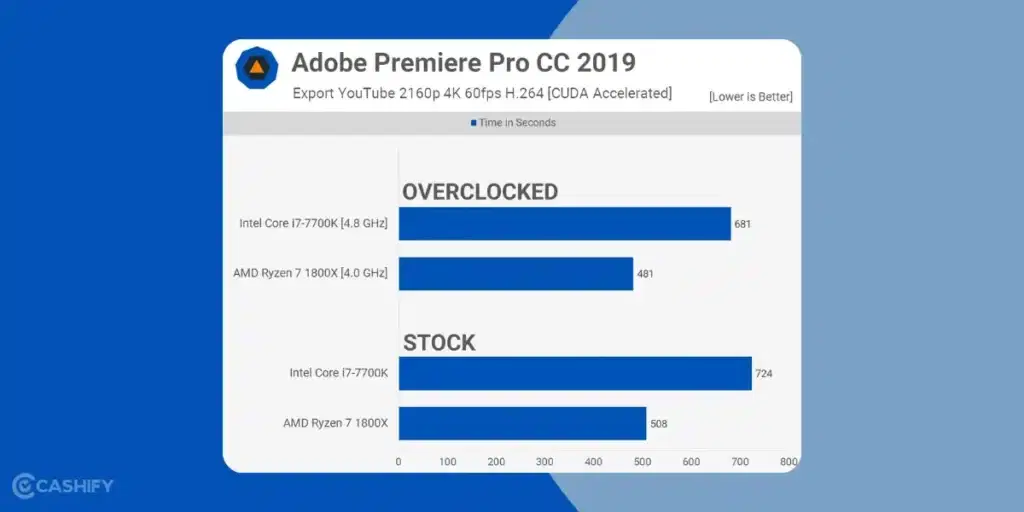
If you like editing photos or videos, the AMD Ryzen 7 is a great processor to use. Many freelancers and designers choose it because it’s powerful and works really well.
| Feature | Why It’s Good |
|---|---|
| Performance | Has many cores and can handle big files and heavy editing easily. |
| Multitasking | Lets you open many apps at the same time without slowing down. |
| Video / Photo Editing | Good for 4K videos, photo editing, and large media files. |
| Energy Use | Uses less power, so your PC stays cooler and saves electricity. |
| Cost | Cheaper than many other powerful processors. |
| Software | Works well with new editing, gaming, and 3D design software. |
| Gaming | Works great if you have a good graphics card. |
The Ryzen 7 processor has many cores. It can handle big files and heavy work like video editing easily. You can watch 4K videos, edit photos, and open many apps at the same time without your computer becoming slow.
Ryzen 7 is cheaper than many other powerful processors and also uses less electricity. Because of this, the computer stays cool and saves power. This is very helpful when you work for a long time, such as editing videos.
It works well with the latest software and is great for video editing, gaming, and 3D design. This is especially when used with a good graphics card.
If you want a strong computer at a reasonable price, the Ryzen 7 is a smart choice.
Battery Efficiency: AMD Ryzen vs Intel i7
The Ryzen 7 offers better battery life compared to the Intel i7. It is power-efficient, with a maximum power draw of just 100W under heavy use. It means it can last up to 16 hours or more on a single charge, depending on the tasks you’re doing.
| Aspect | Ryzen 7 | Intel i7 |
|---|---|---|
| Power Efficiency | Very efficient (max 100W) | Less efficient, more power draw |
| Battery Life | 16+ hours, depends on use | Shorter battery life |
| Performance | Great efficiency, solid power | Better performance, higher power consumption |
| Heat Management | Runs cooler | Higher heat, needs better cooling |
| Price | More affordable | More expensive |
| Best For | Long battery life, daily use | Performance-heavy tasks |
When you look at AMD Ryzen 7 vs Intel i7, you’ll see that both are really good processors. But in some ways, Ryzen 7 vs i7 shows Ryzen 7 is better. It uses less power, stays cooler, and helps your battery last longer. That’s why people like it for long tasks like gaming, video editing, or 3D design.
The Intel i7 vs Ryzen 7 comparison shows that Intel i7 might be a little faster in some jobs. But the i7 vs Ryzen 7 debate often comes down to price. Ryzen 7 is usually cheaper, so you get more value. If you’re building a PC affordably, then AMD Ryzen vs Intel i7 is a choice where AMD often wins.
No matter which one you choose, remember that cooling is still important. Make sure your PC stays cool so it works well for a long time!
Gaming Performance
The Core i7-12700k delivers superior gaming performance compared to the Ryzen 7 5800X. The latest hybrid core design allows the CPU to prioritise tasks between P-core and E-core. It enhances the gaming capabilities.
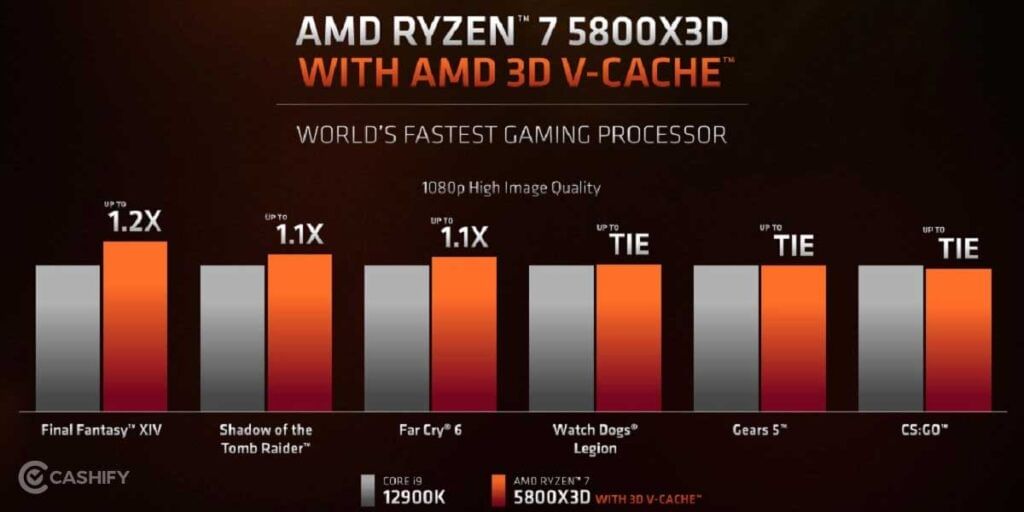
Let’s now figure out the differences in various aspects of gaming performance between these two processors.
| Feature/Aspect | Core i7-12700K | Ryzen 7 5800X |
|---|---|---|
| Gaming Performance | Superior gaming performance | – |
| Hybrid Core Design | Ten per cent performance boost with P-core and E-core prioritization | – |
| Memory Technology Impact | Enhanced performance with DDR5 support | Marginal DDR4/DDR5 differences |
| Integrated Graphics | Intel UHD 770, base clock: 300MHz, boost clock: 1500MHz | – |
| Power Consumption | Improved efficiency with Alder Lake architecture | Shows significant improvement but draws more power compared to the Ryzen |
The Intel Core i7-12700K gives gaming performance. It is almost as good as the more expensive Core i9-12900K. Both processors have strong performance cores (P-cores). The Core i9 has more efficiency cores (E-cores), which are better for background tasks.
AMD Ryzen processors are known for being very power-efficient. It means they use less electricity. The Core i7-12700K is very strong in CPU performance. But needs a good cooling system because it produces more heat. The 12th-generation Intel Core i7 processors are more power efficient than older Intel CPUs.
In real-life use:
- In Cyberpunk 2077, the i7-12700K gives 95 FPS, while the Ryzen 7 5800X gives 88 FPS.
- In Blender, the i7 finishes rendering a 3-minute 4K animation in 7 minutes 15 seconds. The Ryzen 7 takes 7 minutes 45 seconds.
- For streaming, the i7-12700K shows fewer frame drops when using OBS and playing Call of Duty: Warzone.
The Core i7-12700K is better for gaming, rendering, and streaming. The Ryzen 7 is better for saving power. Both are good, but the best choice depends on what you need most.
Also read: 6 Best Cheap Gaming Laptops to Buy in India
Platform And Compatibility: Ryzen 7 Vs i7
The Intel i7-12700K supports DDR5 and PCIe 5.0. It offers future-proofing benefits, while the Ryzen 7 5800X only supports DDR4 and PCIe 4.0. The current DDR5 performance lacks a significant boost compared to that of DDR4.
| Feature | Intel i7-12700K | AMD Ryzen 7 5800X |
|---|---|---|
| RAM Support | DDR5 (future-proof but currently minimal boost) | DDR4 (stable and widely supported) |
| PCIe Support | PCIe 5.0 (future potential, currently limited) | PCIe 4.0 (adequate for current hardware) |
| Performance Potential | Future-proofing with DDR5 & PCIe 5.0 (untapped until more compatible hardware is available) | Excellent for current workloads with DDR4 & PCIe 4.0 |
| Upgrade Timing | No immediate need for PCIe 5.0, but offers future potential | No immediate DDR5 or PCIe 5.0 support unless new AM5 platform is released |
| Cost Consideration | Higher initial cost for DDR5 and new motherboard | More budget-friendly, using existing platforms |
| Practicality | Future-proof but may not show immediate gains | Great performance for current tasks, more cost-effective |
The challenge with PCIe 5.0 is that the full potential of Core i7-12700K remains untapped. Minimal PCIe 5.0 hardware is available. It makes an immediate switch from AMD to Intel less practical. Future-proofing is advised if the budget allows between AMD Ryzen vs Intel i7.
For AMD Ryzen 7, support for DDR5 and PCIe 5.0 may require waiting for the release of AMD’s new AM5 platforms. It is likely at least a few months away.
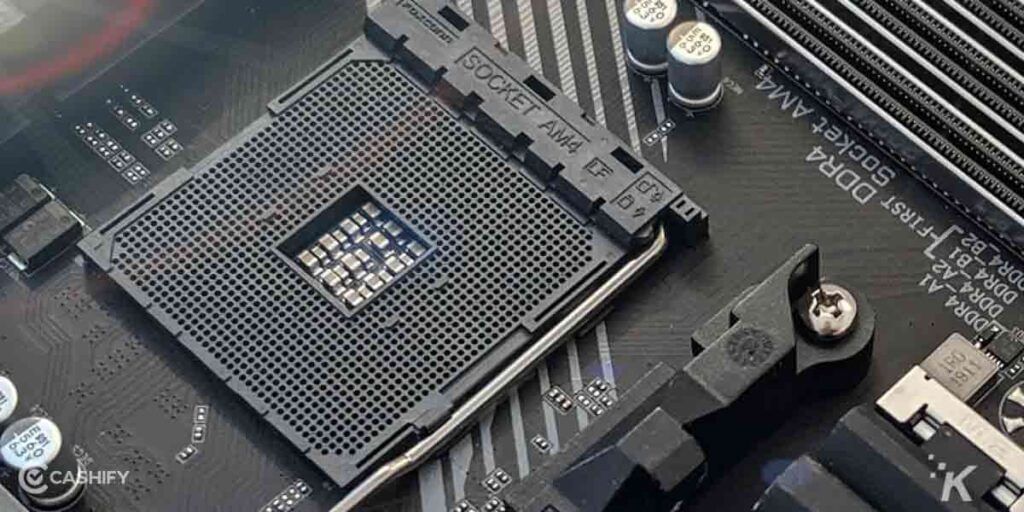
Looking ahead to 2025, the Ryzen 7 5800X is reaching its end, as new Ryzen 7000-series CPUs need the AM5 socket, DDR5 RAM, and a new motherboard. The i7-12700K’s LGA 1700 socket may support Intel’s 14th-gen CPUs, like the i7-14700K, giving it a small upgrade advantage.
If you want a build that lasts beyond 2026, the Ryzen 7 7800X3D on AM5 is a good option. It’s more expensive at Rs. 38,000 but supports DDR5 and PCIe 5.0 for future tech.
Balancing Performance and Budget: Ryzen 7 Vs i7
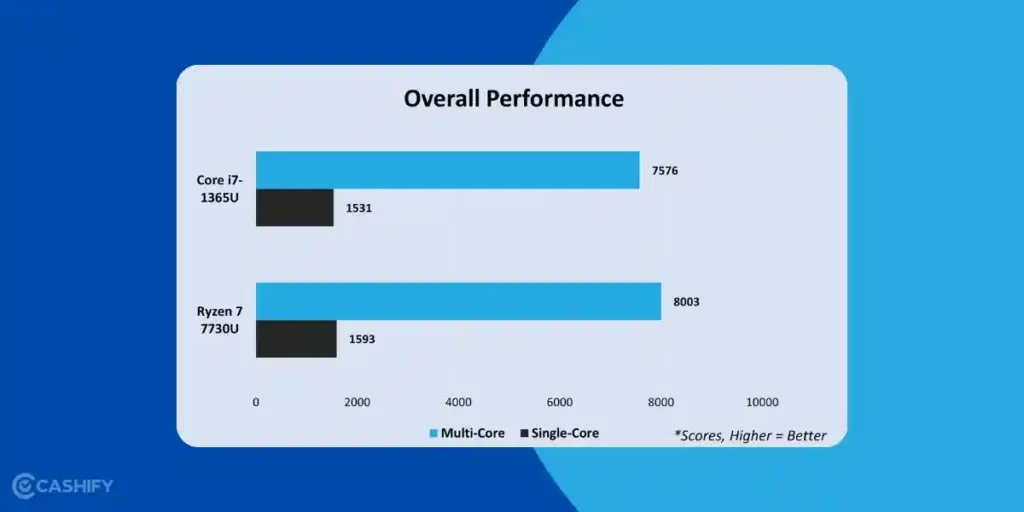
With the AMD Ryzen 7, you can use any motherboard that’s already available. But for the Intel i7, you need a new LGA 1700 motherboard. This is because it supports new technologies like DDR5 RAM and PCIe 5.0. DDR5 is a faster and better type of RAM compared to the older DDR4. PCIe 5.0 allows you to take full advantage of the latest RAM and SSD technologies.
| Feature | AMD Ryzen 7 | Intel i7 (12700K) |
|---|---|---|
| Motherboard Compatibility | Works with existing motherboards | Requires new LGA 1700 motherboard |
| RAM Technology | Uses DDR4 RAM | Supports DDR5 RAM (newer & faster) |
| PCIe Support | PCIe 4.0 | PCIe 5.0 (faster for SSDs and future tech) |
| Cost | More budget-friendly for upgrades | Higher cost due to DDR5 and new motherboard/cooler |
| Upgrade Ease (for AMD users) | Easy and inexpensive upgrade | More expensive upgrade required |
| Overall Choice | Best for budget-conscious users | Best for those seeking cutting-edge tech (DDR5, PCIe 5.0) |
Also, you will have to spend more money to get that DDR5 memory and a new LGA 1700 CPU cooler for 12700K. If you are already an AMD user, then upgrading might be very easy and inexpensive. But, it all boils down to personal preferences and choosing performance over budget. (i7 vs Ryzen 7)
Also read: 5 Best MSI Laptop For Gamers And Professionals
AMD Ryzen 7 vs Intel i7: Pricing
Sure, here’s a table comparing the prices of the AMD Ryzen vs Intel i7 processors:
| Model | Price (INR) | Best For |
|---|---|---|
| AMD Ryzen 7 9800X3D | ₹42,000 to ₹45,000 | Gaming Dominator |
| AMD Ryzen 7 9700X | ₹29,000 to ₹32,000 | Efficiency All-Rounder |
| Intel Core i7-14700K | ₹36,000 to ₹39,000 | Productivity Powerhouse |
| Intel Core Ultra 7 285K (New!) | ₹48,000 to ₹52,000 | Future AI/Creator |
Neither processor includes a cooler. So, you’ll need to purchase one separately if you don’t already have one. For those considering overclocking, a more powerful cooler will yield better results. The good news is that both CPUs are readily available in the market. There’s no need to worry about them going out of stock.
Also Read: AMD Ryzen 9 Vs Intel Core i7: Choose The Best!
AMD Ryzen 7 vs Intel i7: User Experience
By knowing about the User experience, we can also get a much clearer picture of both the AMD Ryzen 7 vs Intel i7. User experience is greatly influenced by several factors. They are performance, multitasking capabilities, system responsiveness, and much more. You should consider all factors. They are important to provide good user experience.
Heat management: AMD Ryzen 7 vs Intel i7
Good thermal management is important in any processor these days. This is because almost every part of India has a warning for a heatwave. Even if you are not in India, you need to be careful with the heat management and overall power efficiency. This can impact the overall performance of both AMD Ryzen 7 vs Intel i7.
Intel i7 processors are an apt choice for laptops and personal computers. They manage heat better than AMD Ryzen 7.
New CPUs In 2026: AMD vs Intel
In 2025, AMD and Intel released new and faster computer processors. AMD made the Ryzen 7 9700X. Intel made the Core i7-14700K. These new CPUs are much better than the older ones like the 5800X and 12700K. They work faster, use less power, and help your computer run games and apps smoothly. Let’s see how these two powerful processors compare!
| Feature | Ryzen 7 9700X | Intel Core i7-14700K |
|---|---|---|
| Cores / Threads | 8 Cores / 16 Threads | 12 Cores (8 Performance + 4 Efficiency) / 20 Threads |
| Max Boost Clock | Up to 5.5 GHz | Up to 5.6 GHz |
| Cache | 40 MB (L2 + L3) | 33 MB (L2 + L3) |
| TDP | 65W (highly efficient) | 125W (higher power draw) |
| Architecture | Zen 5 (4nm process) | Raptor Lake Refresh (Intel 7 ≈ 10nm) |
| AI Acceleration | XDNA AI engine for neural workloads | Intel Deep Learning Boost (DL Boost) |
| Socket | AM5 (DDR5, PCIe 5.0 support) | LGA 1700 (DDR5, PCIe 5.0 support) |
- Both CPUs now support the newest technology: DDR5 RAM and PCIe 5.0. It means they work with the latest and fastest parts.
- The Ryzen 7 9700X is better for saving energy and doing smart AI work.
- The Intel i7-14700K is better if you need more power for gaming or multitasking.
If you want to build a computer in 2025, check your motherboard:
- Use AM5 for AMD Ryzen
- Use LGA 1700 for Intel CPUs
Overclocking And Cooling in 2025
In 2025, you can still make your computer faster by overclocking your CPU. This basically means pushing it to run above its normal speed. But overclocking makes your CPU hotter. You need the right cooling system to keep it safe.
Overclocking Power
| Feature | AMD Ryzen 7 9700X | Intel Core i7‑14700K |
|---|---|---|
| Cores / Threads | 8 Cores / 16 Threads | 12 Cores (8P + 4E) / 20 Threads |
| Max Boost Clock | Up to 5.5 GHz | Up to 5.6 GHz |
| Cache | 40 MB (L2 + L3) | 33 MB (L2 + L3) |
| TDP | 65W (highly efficient) | 125W (higher power draw) |
| Architecture | Zen 5 (4nm process) | Raptor Lake Refresh (10nm Intel 7) |
| AI Acceleration | XDNA AI engine for neural workloads | Intel Deep Learning Boost (DL Boost) |
| Socket | AM5 (DDR5, PCIe 5.0) | LGA 1700 (DDR5, PCIe 5.0) |
| Overclocking Power | – Locked multiplier – uses PBO for auto boosting up to 5.6–5.7 GHz – Easy 5–10% gains with little effort | – Fully unlocked; – manual OC can reach 5.8–6.0 GHz with good cooling – 10–20% more power for heavy tasks |
Cooling Your CPU
For Ryzen 7 (65W TDP)
You don’t need anything fancy to cool this. A good air cooler is enough. You ca use Cooler Master Hyper 212 which is around Rs. 4,000. You can also use basic liquid cooler if you want something quiet.
For Intel i7 (125W TDP)
This chip is usually hot especially when overclocked. For this, you need to use Corsair H100i which is around Rs. 12,000 – Rs. 13,000. You can also use a premium air cooler like Noctua which is a bit affordable.
Recommendations
It’s difficult to choose between the AMD Ryzen 7 and the Intel i7 CPU. Here are three key points to consider.
Performance-wise – If you’re looking for a CPU which is excellent for multitasking and content creation. Ryzen 7 is the right choice. On the other hand, Intel i7 is ideal for single-threaded apps and gaming.
Price-wise – When it comes to price, AMD Ryzen 7 is cost-effective than Intel i7.
Compatibility-wise – As Ryzen 7 make use of AM4 sockets. So, they offer long-term support and more compatible motherboards. On the other hand, Intel i7 requires LGA1151 sockets.
At the end, it’s up to you what your priority is.
AI & Machine Learning: Who Handles Future Better?
We all know about the success of AI in 2025. Apps like Grok, ChatGPT, Video upscaling, and more are everywhere. If you want to use these AI tools, your CPU needs to be able to handle these AI tasks.
| Aspect | Ryzen 7 9700X / 9800X3D | i7-14700K |
|---|---|---|
| AI TOPS (Neural Ops/Sec) | 50+ (XDNA engine) | 40 (DL Boost) |
| TensorFlow Training (Time) | 12 min (image gen batch) | 10 min |
| Power Draw in AI Work | 65W (cool & efficient) | 125W+ (needs big PSU) |
| Integrated Tools | Ryzen AI SDK (free) | oneAPI (enterprise) |
FAQs: AMD Ryzen 7 vs Intel i7 (2026)
Which CPU is better for gaming?
AMD Ryzen 7 is usually a bit better for gaming, especially the new models with 3D V-Cache. Intel i7 is still strong, but Ryzen gives more performance for the price.
Which CPU is faster for video editing and 3D work?
Ryzen 7 is better because it has more cores. This way, tasks like editing videos or 3D projects run smoother.
Which CPU is good for programming?
Both are good, but Ryzen 7 is excellent for programming. It can handle many apps at the same time and compile code faster.
Which CPU costs less?
Ryzen 7 usually costs less than Intel i7 but still gives almost the same or even better performance.
Which CPU is better for engineers and designers?
Ryzen 7 is great for engineers and designers. Programs like AutoCAD, SolidWorks, or 3D modeling run smoothly on Ryzen 7.
Do these CPUs need special motherboards?
Yes. Ryzen 7 needs an AM4 or AM5 motherboard. The Intel i7 12th–14th gen needs an LGA 1700 or LGA 1851 motherboard.
Can Ryzen 7 or i7 be overclocked?
Intel i7 can be overclocked to get more speed. Ryzen 7 uses Precision Boost. It gives extra performance automatically, but manual overclocking is limited.
Which is better for 4K or VR gaming?
At 4K or VR, the graphics card is more important than the CPU. Both Ryzen 7 and Intel i7 work well, but you still need a strong GPU like RTX 4070.
Are there any disadvantages of Ryzen 7?
Some Ryzen 7 CPUs don’t have built-in graphics and may not come with a cooler. Intel i7 can be easier to overclock in some cases.
Final Verdict On AMD Ryzen 7 vs Intel Core i7
To be honest, choosing between AMD Ryzen 7 and Intel Core i7 is not easy because both are very good. If you want to save money and do many tasks at the same time, I believe AMD Ryzen 7 is better. It has more cores and threads. It can handle multitasking like browsing the internet, using apps, and playing games.
If you care more about speed and gaming performance, I believe Intel Core i7 is a good choice because it works fast for single tasks. Both CPUs are strong and can do most things easily. There is no one “best” CPU. If I were choosing, I would pick the one that matches what is most important to me. I would consider things like price, multitasking, or gaming.
If you’ve just bought a new phone and don’t know what to do with your old phone, then here’s your answer. Sell old mobile to Cashify and get the best price for it. If you are planning to buy a new phone, check out Cashify’s refurbished mobile phones. You can get your favourite phone at almost half price with six-month warranty, 15 days refund and free delivery.







